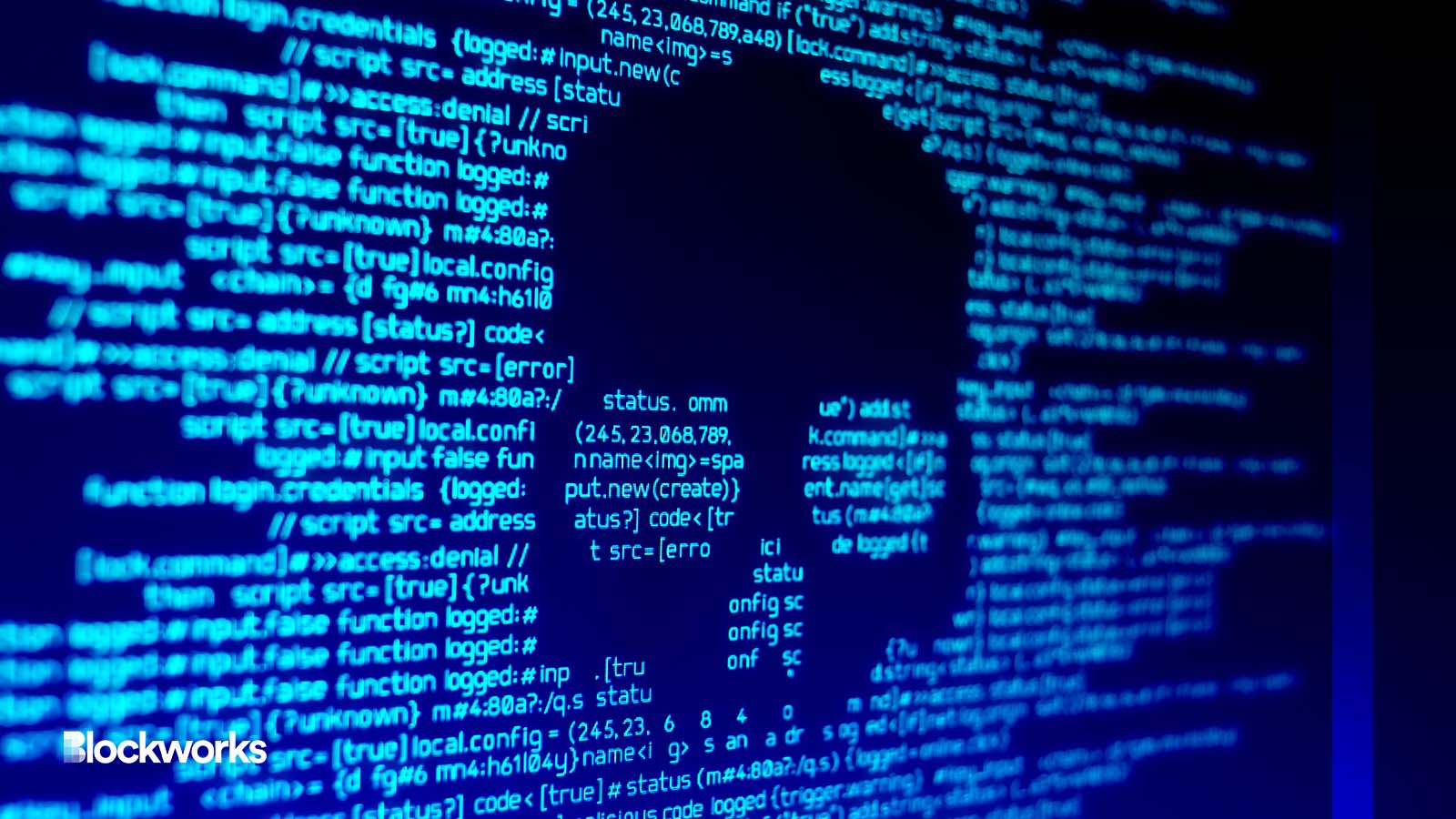Arca Offers Their 2 Cents on Aragon DAO Attack Allegations
Co-founder of Aragon, Luis Cuende, has since proposed a $30 million buyback proposal

solarseven/Shutterstock modified by Blockworks
In a recent blog post, cryptocurrency hedge fund Arca explained its perspective on the latest Aragon DAO dispute.
According to Arca, a proposal enabling token holders to oversee Aragon DAO’s treasury was proposed and passed through a governance vote last year. When the transitionary period arrived however, the Aragon team delayed the process by three months to May 2.
As the first transition transaction occurred, Aragon banned members on its Discord channel, claiming that this decision was due to a 51% attack by “Risk-Free Value (RFV) Raiders,” of which Arca was a part.
The Aragon Association claimed that it had noticed a suspicious amount of activity on its Discord channel and a sudden increase in wANT supply (around 47%). Leading it to believe that it was under a coordinated attack.
“We believed that this group was planning a 51% attack. The first transfer of $300k was the first of a series of transfers. This forced the AA to take quick action and clarify its position towards this group,” the Aragon Association tweeted.
Aragon Association noted that these RFV raiders were also linked to the recent liquidation of RookDAO — where after the DAO was dissolved, token holders had benefited from its treasury which still remained.
Arca’s chief investment officer Jeff Dorman responded to these allegations noting that “Arca has had no investments in Invictus, Rook, Rome, or Temple. Additionally, the Fei Labs team proposed the dissolution themselves, and the Rook team initially proposed the spin-off ‘Incubator DAO’ themselves. These ‘RFV raiders’ pushed for the best outcome for token holders in both situations.”
Dorman also noted that the “51% attack” narrative was incorrect as it had dutifully purchased ANT tokens through the open market and also encouraged other token holders to participate in governance through staking their tokens.
“Essentially, Arca and a few other ANT token holders walked into Aragon with a note that said, ‘We’re thinking about withdrawing $80,’ and the Aragon bank teller responded by calling the police, stealing the money from the vault, lighting the bank on fire, and threatening to open a new bank in a new country that no original customers could access,” Dorman said.
In an earlier blog post, Aragon Association noted that ANT is registered as a “utility token” in Switzerland it must not deviate from its “stated social purpose.”
To address concerns about the ANT token’s potential classification as a security and ensure the Aragon Association retains its non-profit status, the team temporarily rebranded the Aragon DAO to the Aragon Grants DAO. In a tweet, they stated, “any more funds sent from the Association to the DAO are for builders,” making their message clear to the RFV Raiders.
“This was a mistake, we screwed up and we apologize,” the association said.
The Swiss-based association has since unbanned all accounts across different social platforms but notes that it would not “stand for hostile and coordinated attacks, particularly not ones that involve social engineering.”
Co-founder of Aragon, Luis Cuende, has since proposed a $30 million buyback proposal.
“I’m supportive of improving ANT’s fundamentals with whatever the broader community decides,” Cuende tweeted. “DAO buybacks, done on-chain and transparently can be powerful.”
Chelsea Kubo, the co-founder and chief operating officer of Koris, an infrastructure stack for decentralized autonomous companies, told Blockworks that the Aragon situation should not come as a surprise to teams hoping to build in Web3.
“Token-led DAOs, including and not limited to Aragon’s $ANT community, face the classic risk of a 51% attack, amongst other flaws within a plutocracy system,” Kubo said. “Plutocracy models are notoriously fallible and have led to DAO conflicts across all of our industry. Now, after the shakeup at Aragon, there might finally be a wake-up call for DAO innovators and builders to push for widespread changes.”
Get the news in your inbox. Explore Blockworks newsletters:
- The Breakdown: Decoding crypto and the markets. Daily.
- 0xResearch: Alpha in your inbox. Think like an analyst.






